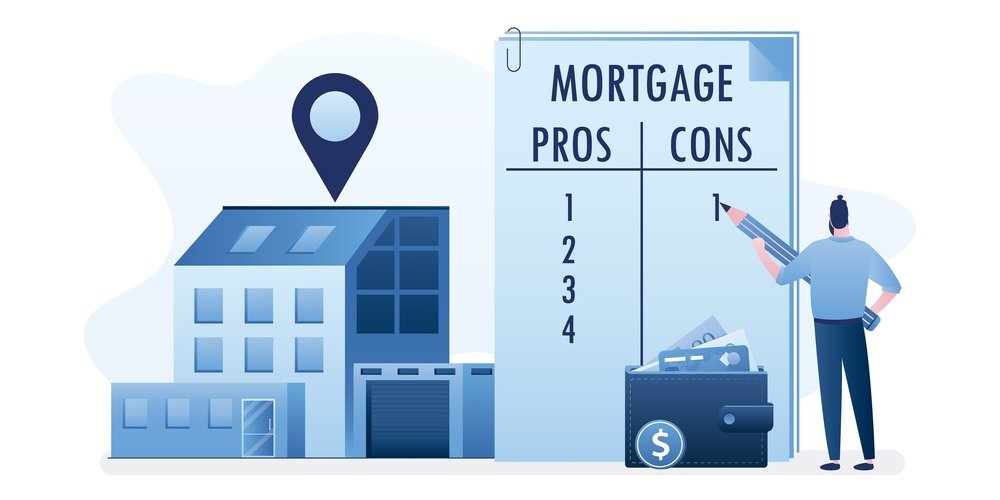
Buying a fixer-upper home can be an attractive option for those who want to get into the real estate market at a lower cost or for those who want to put their own personal touch on their living space. However, there are both pros and cons to consider before deciding if a fixer-upper is right for you.
Pros:
Lower Purchase Price: Fixer-upper homes are often priced lower than move-in ready homes, which can be a great advantage for those on a tight budget.
Customization: Fixer-upper homes allow you to create a home that fits your personal style and needs. You have the freedom to choose everything from the color of the paint to the layout of the rooms.
- Potential for Equity Growth: If you invest in a fixer-upper home and make the necessary improvements, you can potentially increase the value of the property, leading to equity growth.
Cons:
Hidden Costs: Fixer-upper homes can come with unexpected costs that may not be visible during the initial purchase process. It’s important to budget for unexpected repairs and renovations that may be required.
Time-Consuming: Renovating a fixer-upper home can be time-consuming and require a lot of work. If you don’t have the time or skills to do the renovations yourself, you may need to hire contractors, which can add to the cost.
Financing Challenges: Financing a fixer-upper can be challenging. Traditional mortgages often require homes to be in move-in ready condition, so you may need to explore alternative financing options.
Potential for Over-Investment: It’s easy to get carried away with renovations and invest more than you can recoup when you sell. Be sure to research the neighborhood and the potential resale value of the home before making any major renovations.
In summary, buying a fixer-upper home can be a great option for those who are looking for a lower-cost entry into the real estate market or who want to put their personal touch on their living space. However, it’s important to consider the potential hidden costs, time commitment, financing challenges, and potential for over-investment before making a decision. With careful planning and budgeting, a fixer-upper home can be a great investment.

